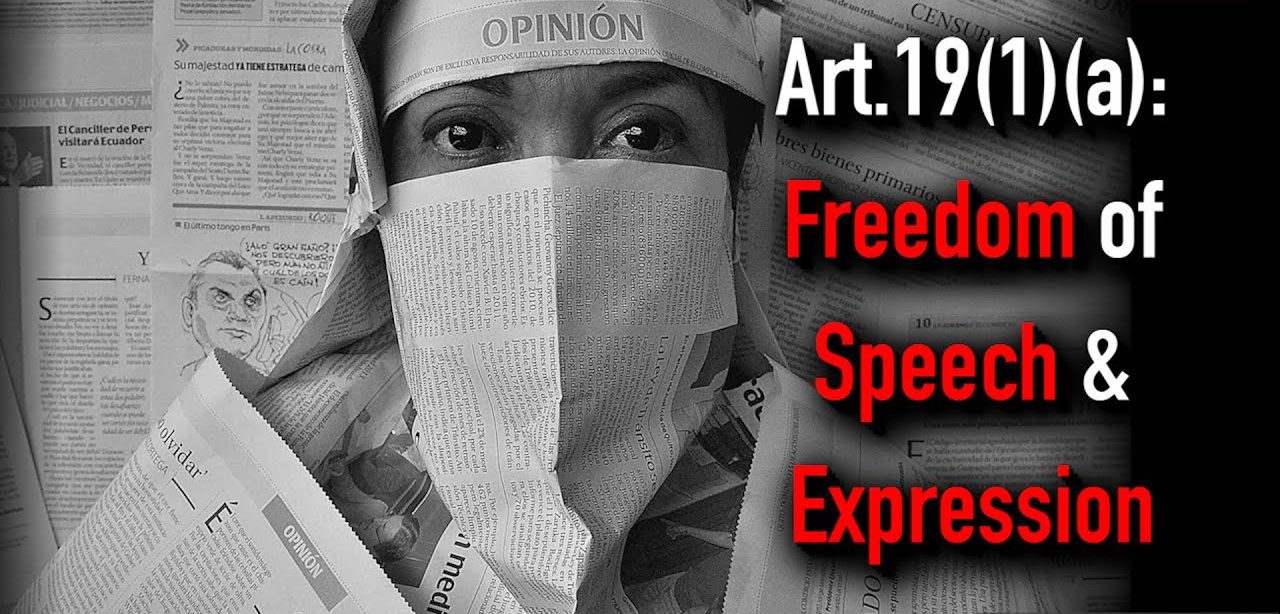- Come elections, certain aspects always hit headlines for all the wrong reasons. This largely applies to political parties simply because of their inherent absurdity as well as sheer lack of ability to comprehend the issue from the right perspective. Especially concerning opinion polls always tend to invite objections from the party(s) deemed to be not making much headway in eventually clinching the contest. Of course, any positive outcome projecting a particular party to clear the election hurdles will be welcomed by the political leaders. However, any negative projection is bound to invoke severe objections by parties who would raise a red flag against such opinion polls in no time.

PC: Voxco
- We have seen enough of such convenient happenings over the years as the election day approaches. We all know crucial state assembly elections to five states, including the crucial Uttar Pradesh, are scheduled to kick-start in the next few weeks. Leading up to the D-Day, many opinion polls after the surveys are projecting a Bharatiya Janata Party victory in UP. No wonder, the principal opposition party to the BJP, Samajwadi Party has requested the Election Commission to ban opinion polls now that the Model Code of Conduct is in force unnecessarily reviving an old debate.
- Remember, the issue has cropped up every few years since the late 1990s and the onset of private TV news channels. Mind you, news consumers find opinion polls interesting during any election cycle, and the present elections are no different. However, political leaders whose parties do not score well find them objectionable. Looking back, in 2004, Attorney General Soli Sorabjee had tendered legal opinion to the Government of India that restricting opinion polls can be deemed unconstitutional since it does not fall within reasonable restrictions on free speech under Article 19(2).

PC: Avani Bansal
- Similarly, a three-judge Supreme Court bench in 2018 declined to intervene in a PIL that claimed unregulated opinion polls were disseminating false information. Note that exit polls are already banned during multi-phase elections under Section 126A of the Representation of the People Act. EC has also used Section 126(3) RP Act – ban on propagating election matter, intended or calculated to influence election results – to proscribe opinion polls during the 48-hour silence period before voting. As such, extending the ban any longer will impact media freedom and voters’ right to be informed.
- Longer bans under the Model Code amount to infantilizing Indian voters and are tantamount to disrespecting their choices. Of course, opinion polls and even exit polls go horribly wrong sometimes, and by that, they show up as having little suggestive power over voters. And when they get the direction right, actual voting decisions, as post-result detailed studies show, prove to be far too complex for any pollster to capture. Needless to mention, political parties should get on with their usual campaigning and stop trying to shrink the public space for information even further. Voters are prudent enough to understand the intricacies of political undercurrents and wise enough to choose whom they wish to be governed by.






